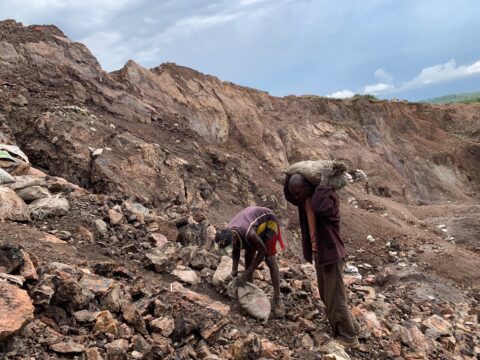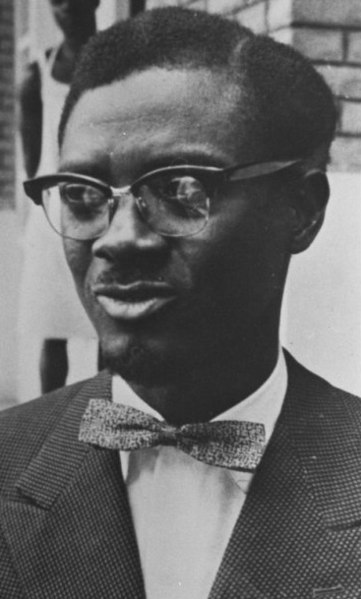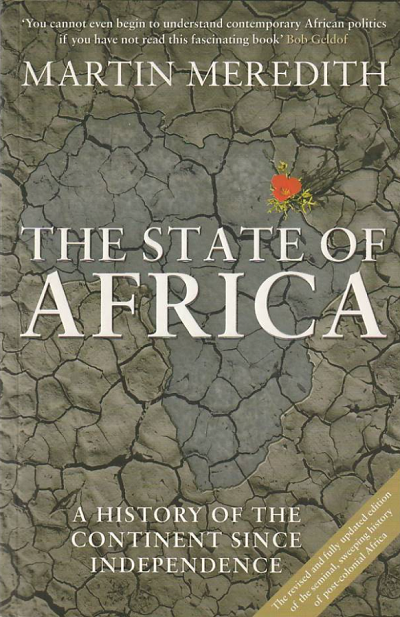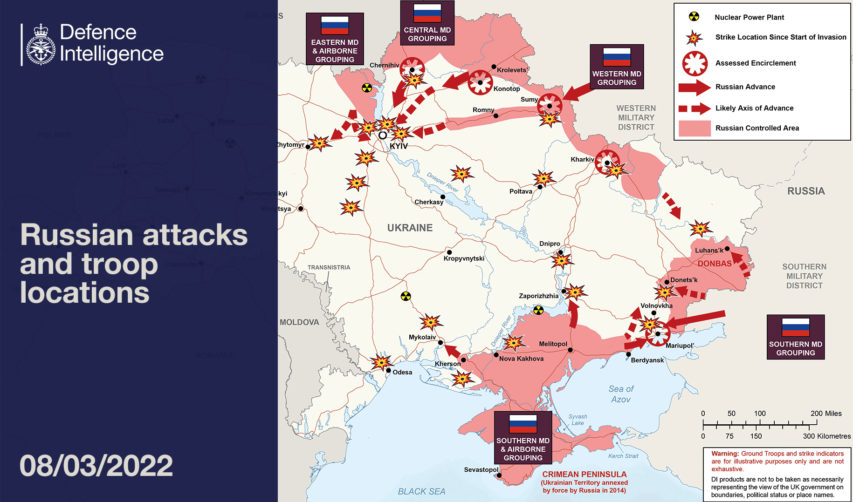Tom Knighton provides a wonderful example of “be careful what you wish for”, especially in the rich virtue-signal territory of the “green transformation”:

“Artisanal cobalt miners in the Democratic Republic of Congo” by The International Institute for Environment and Development is licensed under CC BY 2.5 .
… it seems our glorious green future now comes with more child labor!
A new report from the Department of Labor raises tough questions about whether and to what extent forced labor and child labor are intertwined with climate-friendly technology.
The department released a report this month finding that several minerals that are key components of electric vehicles and solar panels may be produced through these unethical labor practices.
The findings point to major ethical quandaries surrounding the ongoing energy transition. Climate change, if not addressed, endangers many of the world’s most vulnerable people. At the same time, the report raises serious human rights concerns about the technology being used to address it.
[…]
Whoops.Here’s the thing, cobalt and nickel are kind of important for this sort of thing, so we have to get them from somewhere and the one attempt to mine cobalt here in the United States fell flat. Why? The price of cobalt dropped. It was no longer profitable to try to mine it in the United States.
But in poor countries, it was still plenty viable.
Yet while we view child labor as unethical, we have to remember that our society is rich enough that we can afford to hold that belief. Now, I share it and I’d rather kids be kids, and worry about things like school, video games, television, and that sort of thing, but the truth is that when you’re barely able to feed yourself, you need every penny you can get.
That means kids going out to work.
That means doing some grueling, back-breaking, nasty work like mining stuff like cobalt.
It means paying for dirty, nasty strip mining so you can convince yourself and your friends that you’re better than those of us who still prefer a gasoline- or diesel-powered car.
All around us, we tend to be oblivious to the reality of the rest of the world. We simply think something should be so and then just act like they are. We ignore what all might be required to make that something so.
This is the Law of Unintended Consequences in action.







